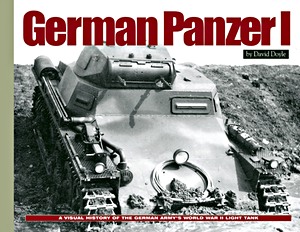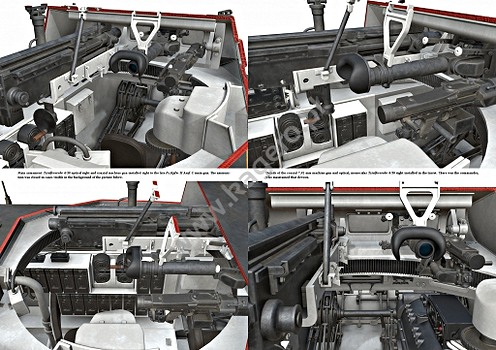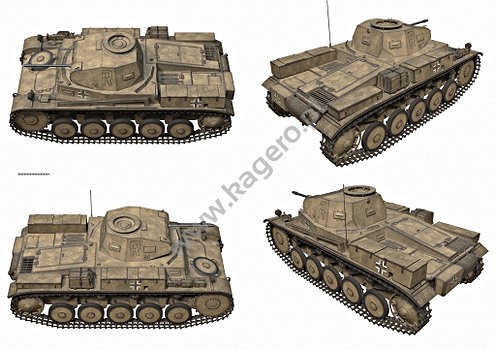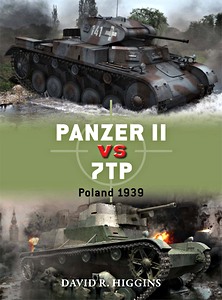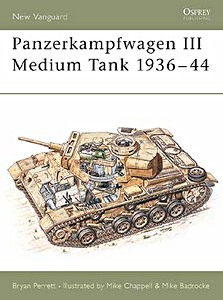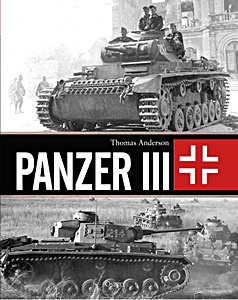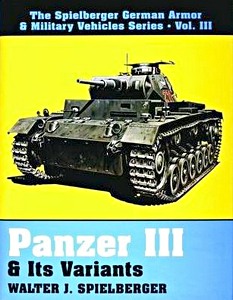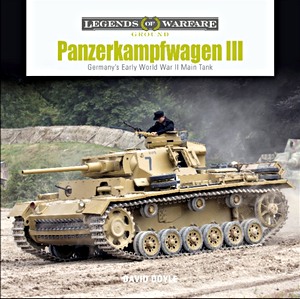German Panzer II : A Visual History of the German Army's WWII Light Tank
The Panzer II was Germany's first cannon-armed tank in the post World War I era. Designed and initially produced under the code name of 100-horsepower Farm Tractor, owing to the restrictions of the Treaty of Versailles, the Panzer II remained in production, and in the field, well after it had been surpassed by better engineered, more heavily armed and armored vehicles, and indeed played a key part in the early victories achieved by the Blitzkrieg.
This book features nearly 200 scarce wartime photos, illuminated by detailed captions. Coverage includes the Pz.Kpfw. II Ausf. A; Pz.Kpfw. II Ausf. B; Pz.Kpfw. II Ausf. c and A-C early; Pz.Kpfw. II Ausf. c, A, B, C modified Pz.Kpfw. II Ausf. D; Pz.Kpfw. II (F) Ausf. A & B; Pz.Kpfw. II Ausf. F; Pz.Kpfw. II Ausf. G; Pz.Kpfw. II Ausf. J and the Pz.Kpfw. II "Lynx."
All of the photos have been carefully selected to showcase the many details of the variants. Many "Panzer rarities" will be found within the 168-pages of this hardbound volume.
Product details
| Author: | David Doyle |
|---|---|
| Details: | 168 pages, 9.1 x 11.4 x 0.63 in (23 x 29 x 1.6 cm), hardback |
| Illustrations: | 200 b&w photos |
| Language: | English |
| Publisher: | Ampersand Publishing Company, Inc. (USA, 2016) |
| ISBN: | 9781944367060 |
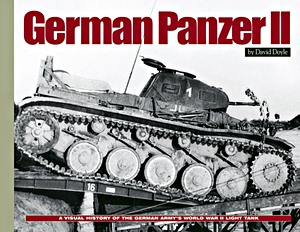
German Panzer II : A Visual History of the German Army's WWII Light Tank
Language: English
View price, availability, and reviews on Amazon
Buy on Amazon.comBuy on Amazon UK
Buy on Amazon CA

